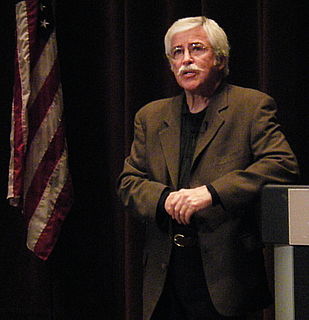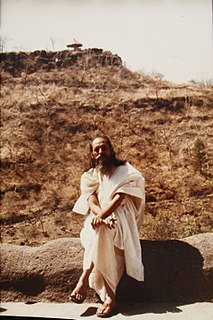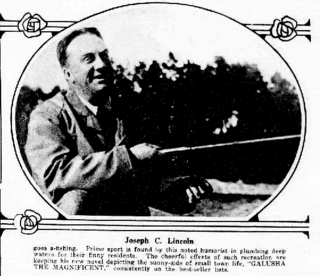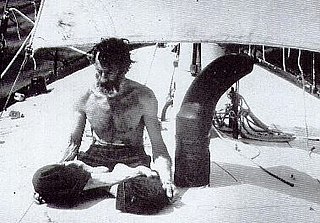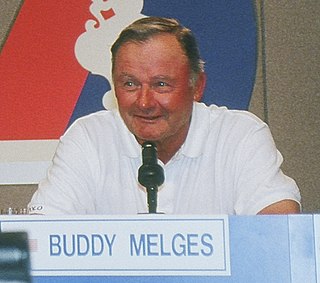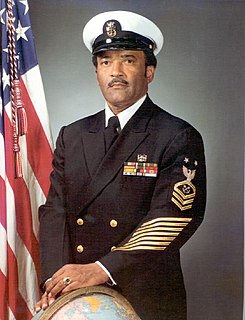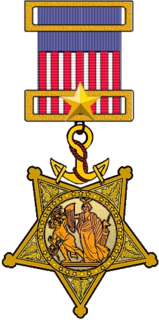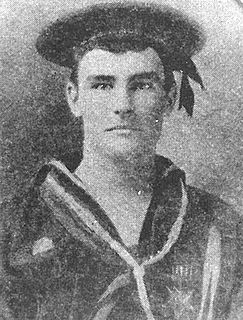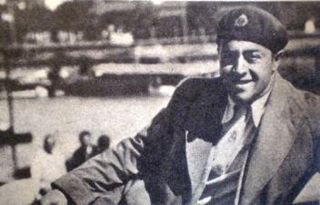A Quote by Abby Sunderland
I'm one-hundred-fifty miles off Cape Horn, both autopilots are broken, and my boat is drifting toward one of the nastiest chunks of ocean on the face of the earth.
Related Quotes
One of the sports I do - my wife thinks I'm nuts - is open-water spear fishing, what we call blue-water hunting. We get in a boat, and we go offshore, normally about 30 miles. So when you jump off the boat, there are no reefs, and the bottom is no longer fifty or a hundred feet: it's thousands of feet. It's sort of like being in outer space.
They will tell you tough stories of sharks all over the Cape, which I do not presume to doubt utterly,--how they will sometimes upset a boat, or tear it in pieces, to get at the man in it. I can easily believe in the undertow, but I have no doubt that one shark in a dozen years is enough to keep up the reputation of a beach a hundred miles long.
Some time ago we heard a strange story. The pilot of a small plane said that he had been caught in a one hundred fifty mile gale, which held his plane perfectly still. The motor was roaring, he claimed, but the plane was not moving. "It was weird," he said , "to be going one hundred fifty miles an hour and yet not be going anywhere at all."
If the moon and earth were not retained in their orbits by their animal force or some other equivalent, the earth would mount to the moon by a fifty-fourth part of their distance, and the moon fall towards the earth through the other fifty-three parts, and they would there meet, assuming, however, that the substance of both is of the same density.




